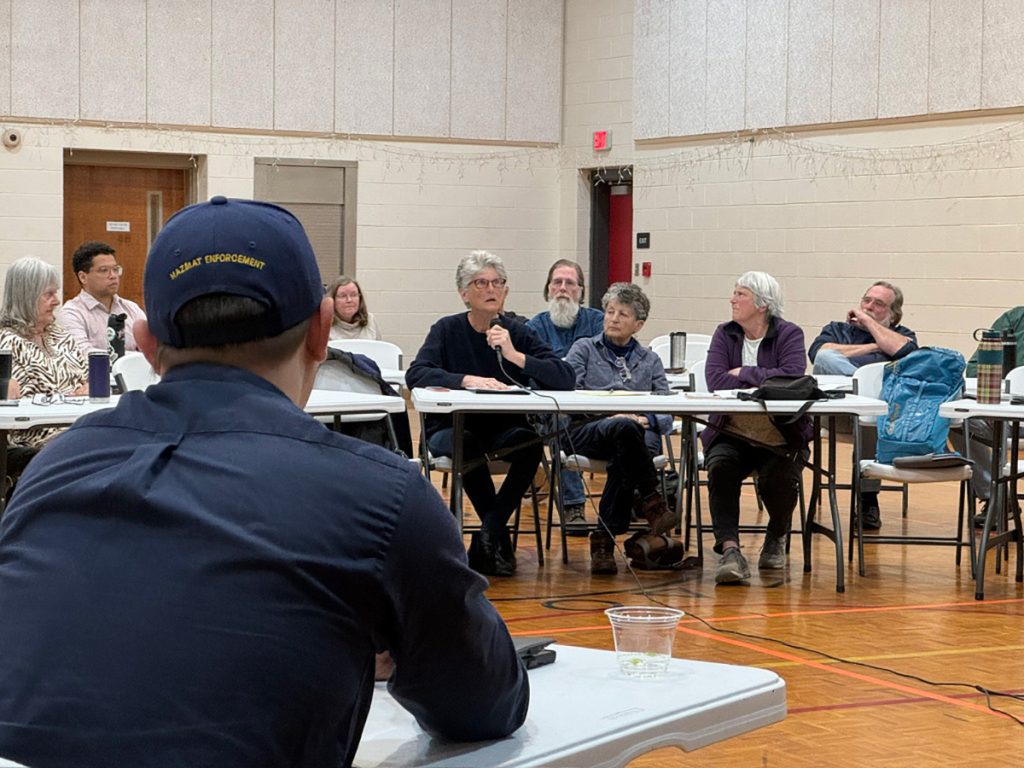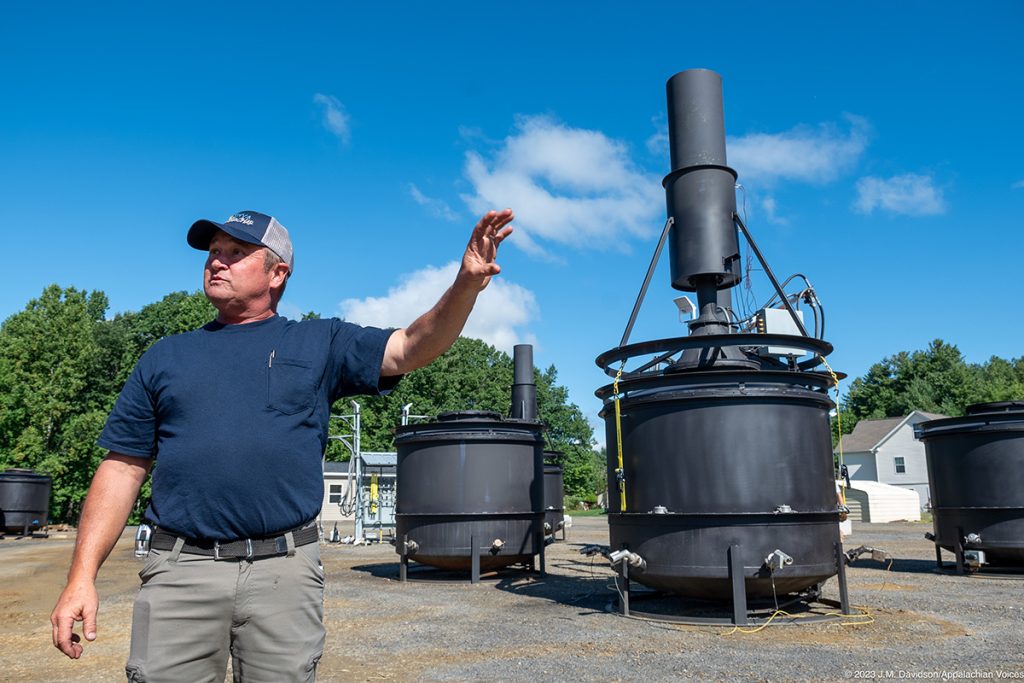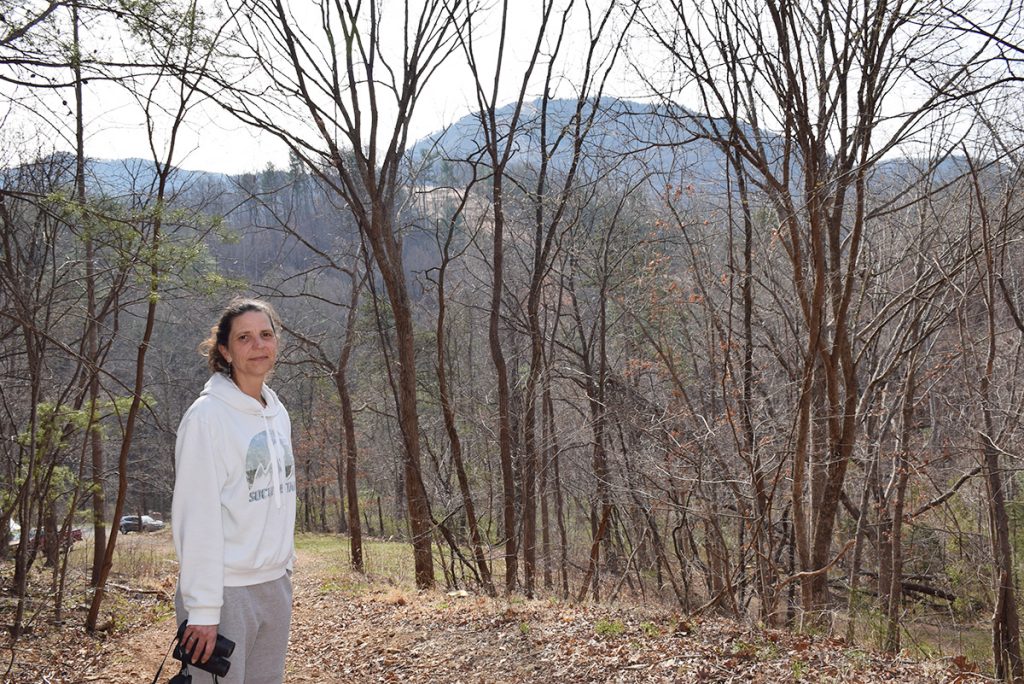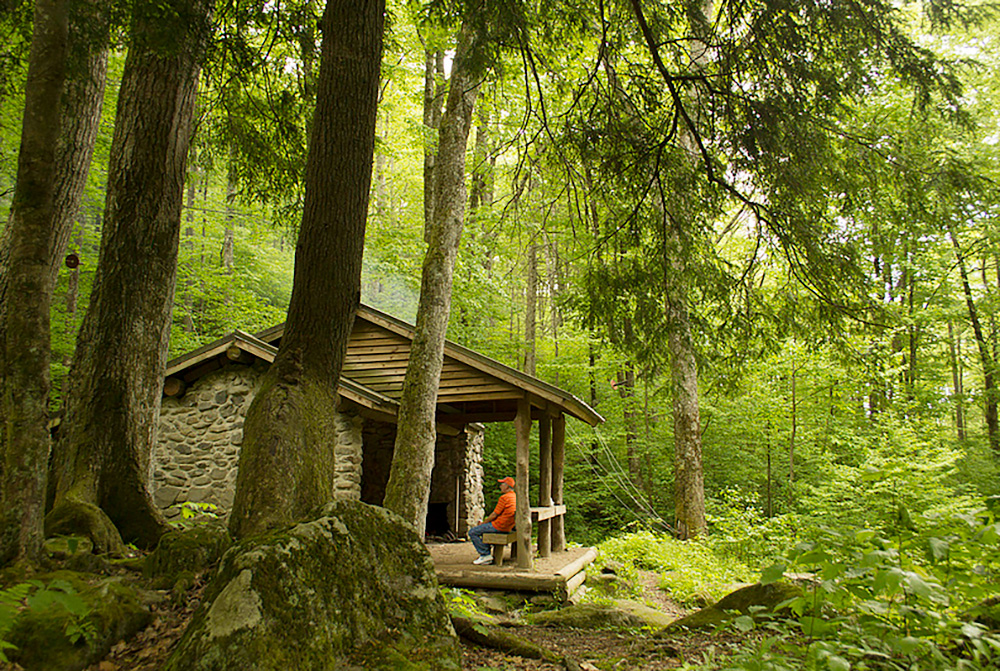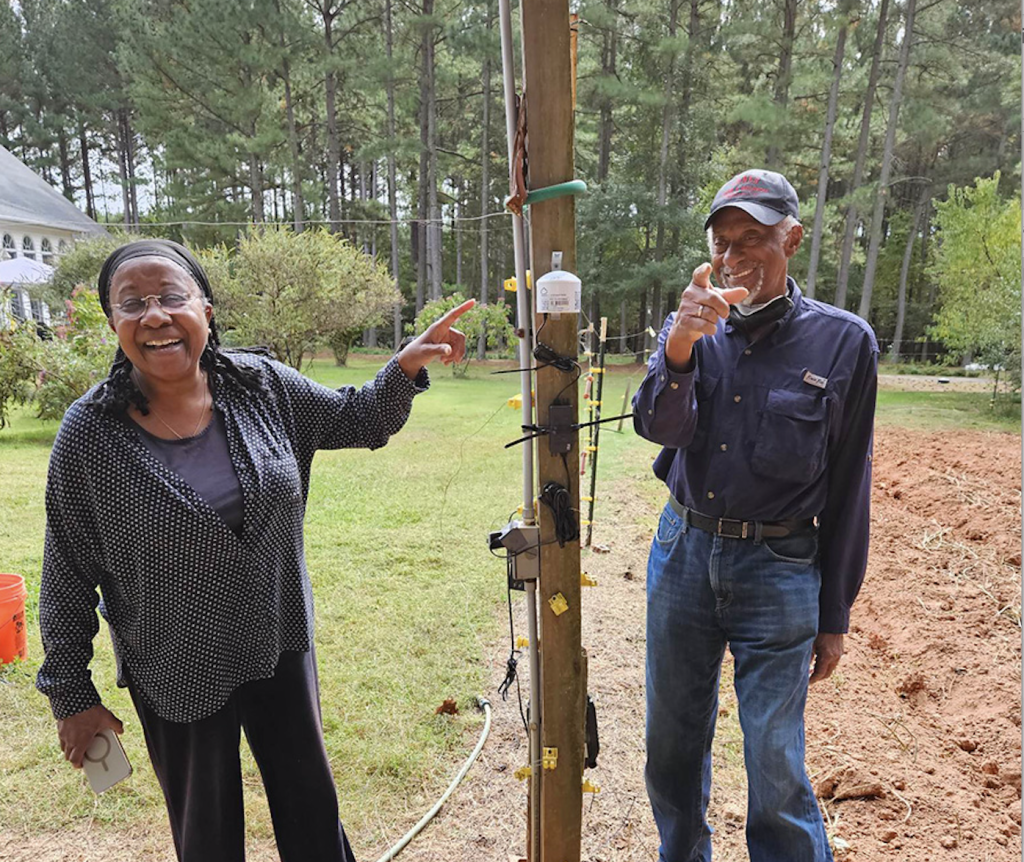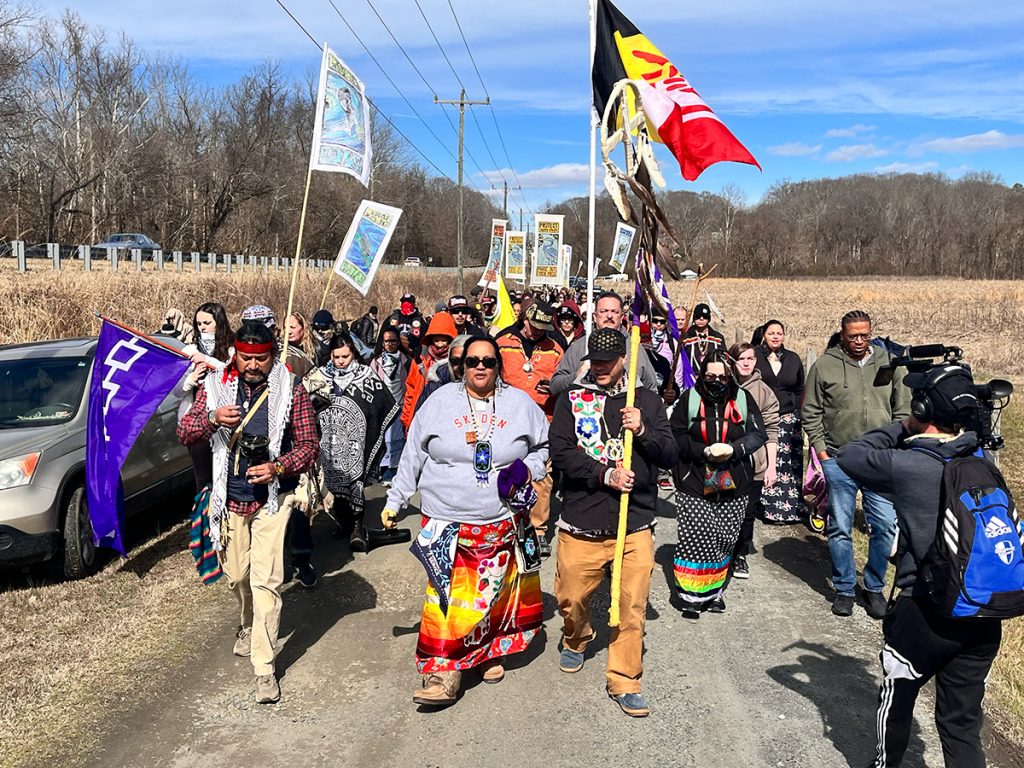The Appalachian Voice
Amid heat wave, Virginians now have new protections from power shut-offs
The heat means higher electric bills for everyone — including people who could hardly keep up with payments before the heat wave started.
Read MorePaddling for her Life
Farmer Ann Rose is paddling nearly 2,000 miles solo to bring attention to water woes in Appalachia.
Read MoreSeven Geological Wonders of Appalachia
The Appalachian Mountains are abundant with magnificent natural wonders. Here’s a sampling of stunning geological features within the region.
Read MoreA Conversation with Archbishop Marcia Dinkins
Archbishop Marcia Dinkins, founder of the Black Appalachian Coalition, talks about creating the space for voices that have often been unheard to be heard.
Read MoreMountain Valley Pipeline Safety Issues Continue
The recent failure of a section of pipe during testing has heightened residents’ long-standing concerns about deteriorated pipe and rushed construction putting their safety at risk.
Read More‘Every Stick:’ SWVA Biochar Uses Local Waste to Create Quality Soil
A Southwest Virginia company’s biochar product is carbon-negative and has applications in agriculture.
Read MoreThe Peoples’ Protector
From fighting the Mountain Valley Pipeline to building a community garden, protecting people is at the heart of Crystal Mello’s work.
Read MoreViews and Brews
There’s nothing better than some time on the trail followed by a smooth cup of java or something with a little kick. Enjoy this carefully crafted list of the perfect pairings.
Read MoreResidents Across Five States Benefit From Local Air Quality Monitoring
Through the Upper South and Appalachia Citizen Air Monitoring Project, community members and organizations are collecting data about local air quality.
Read MoreChanges for MVP Southgate Pipeline are Part of a Web of Proposed Methane Gas
“Families and farmers are being asked to sacrifice land, health and peace of mind for projects that are less reliable and affordable than renewables,” said Ridge Graham of Appalachian Voices.
Read More




